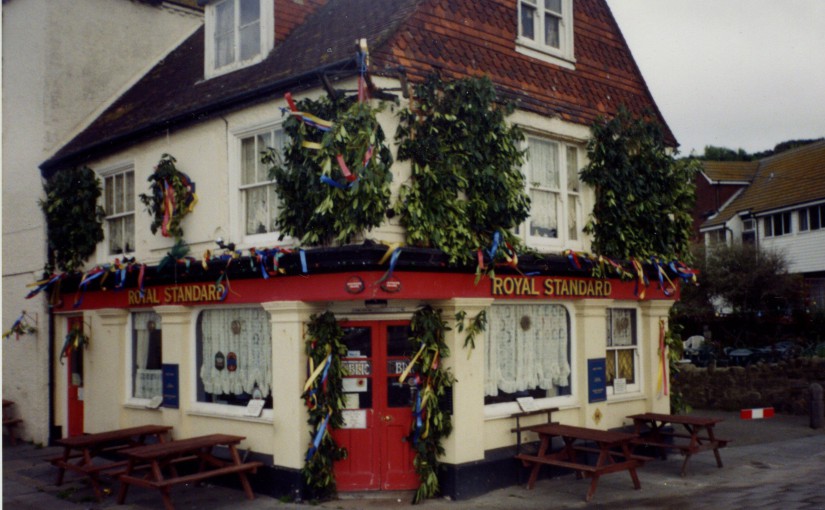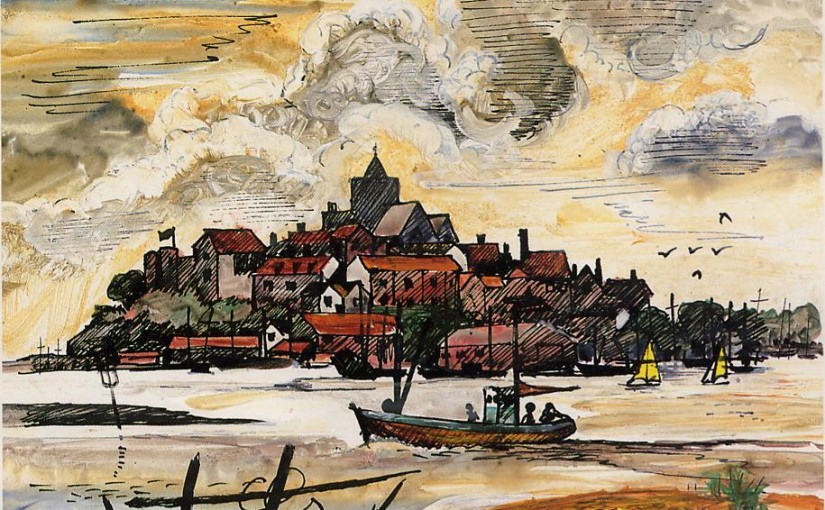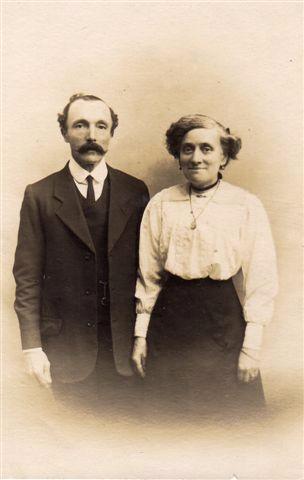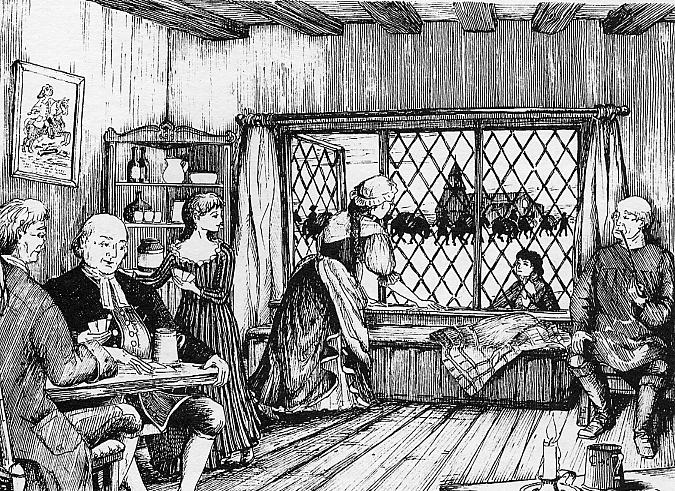Reproduced from “Gentle Breezes”
Kent and Sussex were hot beds of smuggling for centuries, and to judge by reports, still are. Originally, wool was smuggled out to France, rather than other goods coming in. The reason was that we produced high quality wool, but had not the means of processing it. The French and Dutch did. In 1622, it was made a hanging offence to smuggle out wool. The government then imported French and Dutch weavers and other trades to process the wool. That is why we have many large houses of Dutch style in our area. Many parishes have their Cloth Halls, The Weavers, and so on. Continue reading Smuggling





